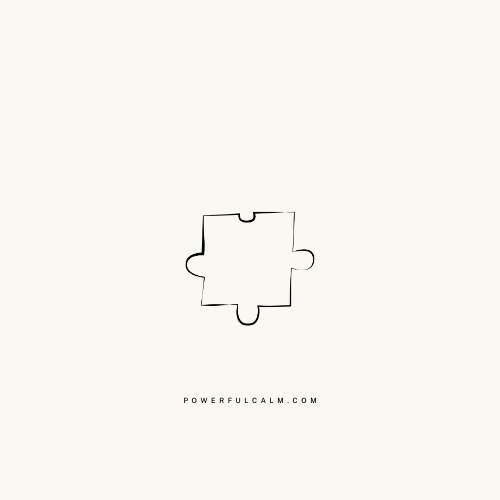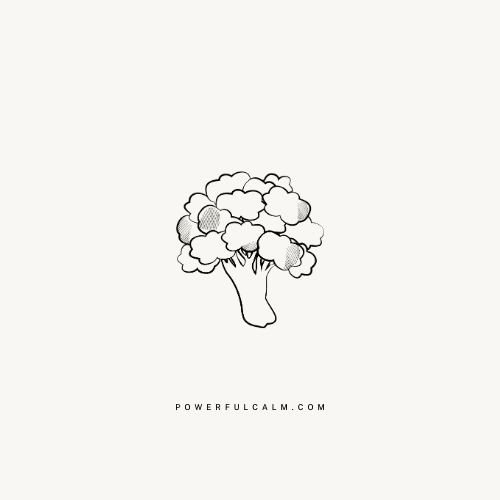There are two ways most people think about reducing your stress:
- Quick “fix” tools or strategies to push stress away.
- Shift the way you relate to stress.
When you do both, you have self-knowledge, tools, and skills. Which leads you to be in control of your emotions and responses to whatever happens in your life.
Relying on “quick fix” strategies to deal with stress can leave you feeling stressed and stuck.
Long-term strategies can be so overwhelming you can get swept up in not knowing how to lower it right now.
There are a lot of strategies for coping with stress, but what works when you need it most is the goal.
Sustainable Stress Solutions
A sustainable system for quick reductions, like when someone cuts you off on the freeway. And long-term, big-picture ways to keep your baseline level lower, like when you have small children, your business is expanding, or anything else that happens over a long time.
Changing your relationship so that you’re in control even when it seems there’s no way you can be. The trite saying, the only thing we can count on is death and taxes. But I think we should also add stress to the list too. It will always be a part of life.
Things will pop up unexpectedly, like:
- The dog eats another sock and needs to go to the vet.
- Your computer crashes when you’re in the middle of a transaction.
- Your child must be picked up from school early because she has a sore throat.
- You need to help your aging parents transition out of their home.
- No matter how much you try, the 20 pounds you gained in lockdown isn’t going anywhere!
So how do you change your relationship with stress, and why is it a relationship anyway?
We are always in a relationship with someone or something.
Relationships are about interactions with others and the environment. It’s true for ourselves, too – we have relationships with thoughts, feelings, and actions that we take.
We’re in the process of both experiencing and creating meaning at the same time.
The more complex the relationship, the deeper and more critical the relationship’s meaning in our lives.
Stress is part of our complex relationship with ourselves.
One effective way of dealing with stress is to understand that you are always in a relationship with stress.
Instead of trying to remove stress from your life, view it as an essential part of your life. Stress is something to be aware of and always in relationship with whatever else you are experiencing.
As we all know, relationships have hundreds of different aspects operating simultaneously.
Internalized Meaning
We have internalized meanings based on all the experiences we have lived:
- what our parents said to us
- meaning we attached to specific emotions
- what our parents’ beliefs are vs. our own
- how teachers treated us
- what value was placed on communicating our thoughts and feelings
These are usually the unexamined assumptions we make about life. You might notice them when you have a judgment about someone’s decisions.
Take politics, for example; if you have strong opinions on one side, you might be utterly perplexed at how the opposite side believes what they believe.
Most likely, the internalized meanings the other has fundamentally oppose your own internalized meanings that shape how you think the country needs to be governed.
Externalized Meaning
We have externalized meanings about a lot of things, like:
- assessments from our teachers, bosses, parents, etc.
- what we interpret others are thinking – without confirmation
- values you receive from society, religion, work, school, etc.
- implied meaning from laws and rules that give you a code of conduct
Externalized meaning tells you the larger culture’s viewpoint on how to behave or what you should do to get along with others. We often assume that the meaning is correct and that it is THE way to live your life.
Sometimes they are; it’s not good to kill people and there will be both societal and personal consequences if you do. Most people will feel regretful if they kill someone. Regret may be a personal consequence, but there are exceptions to societal consequences like self-defense, war and accidents – all based on the meaning the external forces give to the situation.
What changes our relationship with stress?
The internalized and externalized meanings shape your relationship with specific emotions and guide you on which action to take based on the meaning. If you struggle with emotional mastery, it’s challenging to be in alignment with what you need and want in your life, which increases your baseline level of stress. The relationship with stress changes all the time. You’re more likely to react out of self-protection than to mindfully choose what is congruent with what you need and want.
We all need quick fixes some of the time. When you’re feeling an immediate escalation of distress, anger, or fear, calming your brain as quickly as possible might be what’s best. Tools, techniques, and strategies that you can rely on are what’s needed at the moment.
The problem is that, at best, we’re taught quick fixes as if they are the only option. Sometimes, we’re not taught anything other than “just learn how to deal with it.” It was not very helpful since there were no instructions about what to learn!
Stress will always be with us in some form since we have a relationship with stress.
It’s a tension in life that can help to propel you forward to where you want to be.
Wrapping Up
Burnout and feeling overwhelmed aren’t possible when stress is kept at an overall lower level.
You can establish well-being habits that help you quickly decrease stress spikes and live with a lower baseline stress level.
If you can change how you think about stress, love, life and its meaning, you can make it work for you instead of against you. It’s different than trying to avoid, eliminate, or ignore stress; it’s working with what happens in your life and making meaning that moves you forward.



